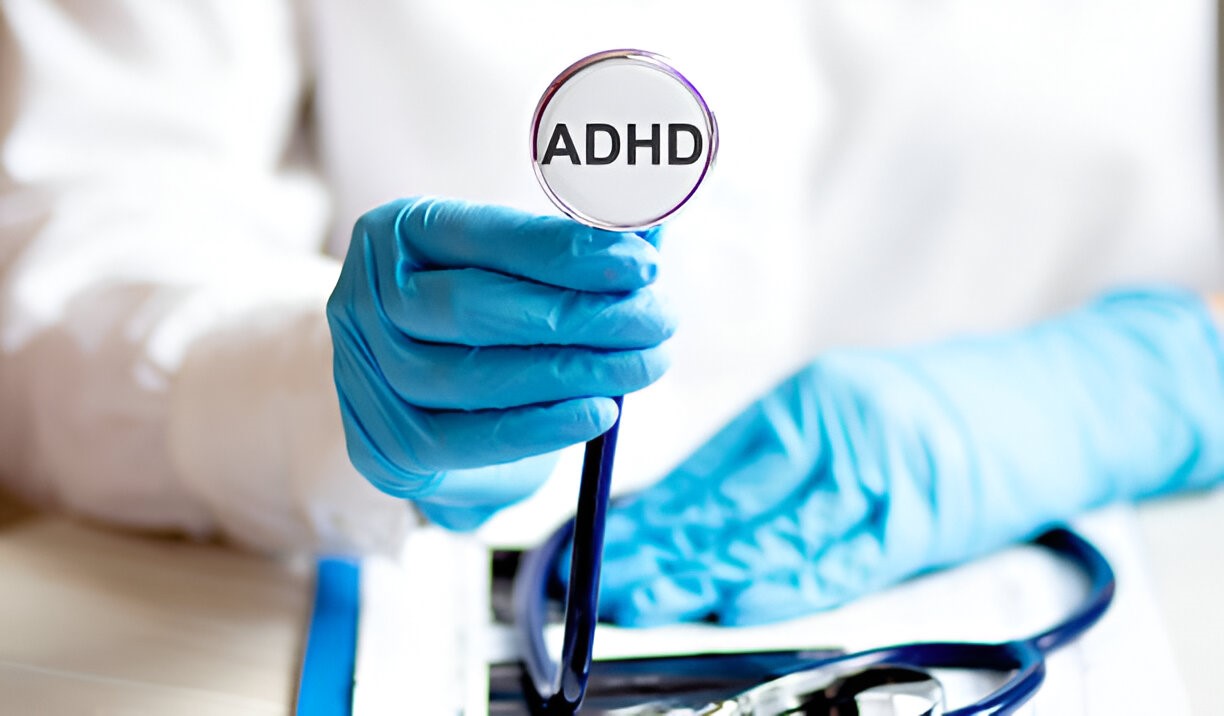Do you ever feel like your brain is running in a hundred different directions at once? Do you struggle to finish homework, keep your room clean, or remember important things? If so, you might have ADHD.
ADHD (Attention Deficit Hyperactivity Disorder) makes it hard to focus, stay organized, and manage time. It can be frustrating, especially when teachers, parents, or friends don’t understand what you’re going through. At Happy Sol Health, we help people with ADHD through online therapy. Whether you live in Beverly Hills or need ADHD anxiety attack treatment in San Francisco, we offer support to help you feel more in control of your life.
Why Is ADHD Therapy Important?
ADHD isn’t just about being easily distracted. It can make everyday life harder, like:
- Forgetting homework or important deadlines
- Losing things like your phone, keys, or school supplies
- Feeling overwhelmed by tasks and not knowing where to start
- Getting frustrated or anxious when things don’t go as planned
Online ADHD therapy helps by teaching you practical skills to stay focused, organized, and calm.
How Online Therapy Can Help You Focus and Stay Organized?
- Get Better at Staying Organized
If you often forget things or feel like your space is a mess, online ADHD therapy can help with:
- Time management skills – Learn how to plan your day so you don’t forget important tasks.
- Organizing your space and schedule – Get tips on using planners, calendar apps, or reminders to keep track of everything.
- Accountability check-ins – Regular therapy sessions help you stay on top of your goals.
Being organized doesn’t mean you have to be perfect. It just means making small changes that make life easier!
- Manage Anxiety and Stress
Many people with ADHD also experience anxiety. When you’re stressed, it can be even harder to focus. That’s why Happy Sol Health offers ADHD anxiety attack treatment in San Francisco to help with:
- Calming techniques – Breathing exercises and relaxation methods can help you feel less overwhelmed.
- Emotional support – Learn how to manage frustration when things don’t go as planned.
- Building confidence – Therapy helps you feel better about yourself and your abilities.
When your mind feels calmer, focusing and staying organized becomes much easier.
Easy Tips to Improve Focus and Organization
If you’re struggling with ADHD, here are some simple things you can try:
- Use a planner or phone app – Write down important dates and reminders so you don’t forget them.
- Set small goals – Instead of saying, “I’ll clean my whole room,” try, “I’ll clean my desk first.”
- Get rid of distractions – Find a quiet place to work, use noise-canceling headphones, or turn off notifications.
- Reward yourself – After finishing a task, give yourself a small reward (like a short break or a snack).
FAQs: Common Questions about ADHD Therapy
- What is online ADHD therapy?
It’s therapy you can do from home! You talk to a therapist over video calls, and they help you with focus, organization, and managing stress.
- Can online therapy really help with ADHD?
Yes! Many people find that online therapy helps them stay on track and feel more in control of their lives.
- What if I also have anxiety?
That’s totally normal. ADHD and anxiety often go together. That’s why Happy Sol Health offers ADHD anxiety attack treatment in San Francisco to help with both.
- How long does it take to see results?
Some people feel better in just a few weeks, while others take longer. The more you practice the strategies, the better they work!
- How can I start ADHD therapy?
It’s easy! Just contact Happy Sol Health, and we’ll connect you with a therapist who understands ADHD.
Ready to Take Control of Your ADHD?
At Happy Sol Health, we believe that ADHD shouldn’t hold you back. With the right tools and support, you can improve your focus, stay organized, and feel less stressed. Don’t let ADHD control your life. Reach out today to learn more about our ADHD services online in Beverly Hills and ADHD anxiety attack treatment. Your success starts now!




